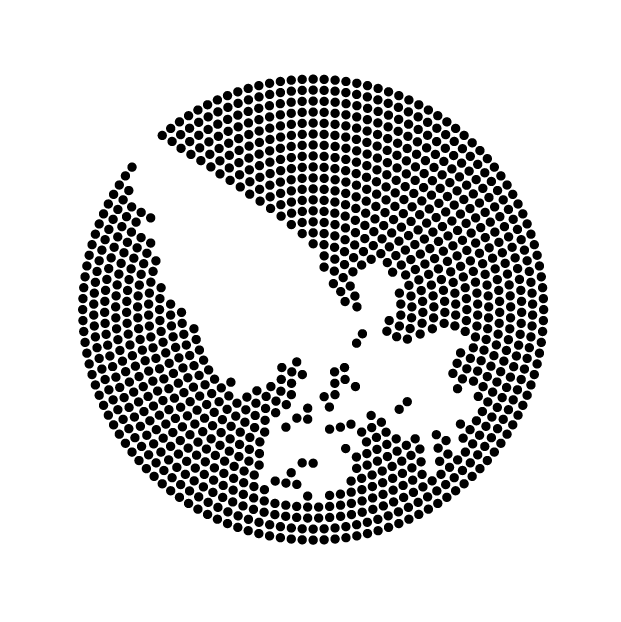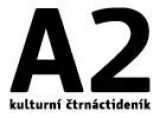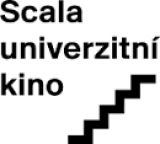2018/19
Season 44:
Work
We seem to be a society obsessed with performance and personal status, but also a society without clear direction and shared values. Mass resignation to public space and emphasis on personal success put the work for which we receive money in the position of the most important criterion determining our value and informing our view of the world and others. The world has become economical and poured into spreadsheets. The idea of mission is increasingly disappearing from work driving our economy, leaving in its place only a pragmatic view of income and social status. Concepts such as care, public service and sustainability are, despite the ubiquitous ecological collapse of our planet, overshadowed by those of efficiency, profit or growth. Value-creating work is displaced by money-only work. The social divide between radically overestimated and radically underestimated work is widening more and more. The idea that human dignity is given only by the ability to meet all work-related demands, however absurd they may be, is becoming more and more compelling. The growing incidence of depression ceases to be a personal problem and becomes a political problem. As if the value of work went crazy and we with it. That is why during this 44th season we ask: Can today’s society really appreciate the value of our work? Does the work of most people really help society and nature, or is it just a ticket to the zone of unlimited consumption? Aren’t we using our performance to cover up our inner chaos? Do we understand the consequences of our work? Is art work? How valuable is it and for whom? And what about education, does it prepare us to face the tasks needed in our future work, or is it more of an initiation into the world of meaningless work? Aren’t we missing out on real work because of artificial work? Perhaps we should be working on our public spaces? On interpersonal relationships? On ourselves? And who will evaluate this work? And finally, aren’t we approaching the time of a new era, the era of machine work? What will be our work in such a world? And anyway – will future work serve anyone?We seem to be a society obsessed with performance and personal status, but also a society without clear direction and shared values. Mass resignation to public space and emphasis on personal success put the work for which we receive money in the position of the most important criterion determining our value and informing our view of the world and others. The world has become economical and poured into spreadsheets. The idea of mission is increasingly disappearing from work driving our economy, leaving in its place only a pragmatic view of income and social status. Concepts such as care, public service and sustainability are, despite the ubiquitous ecological collapse of our planet, overshadowed by those of efficiency, profit or growth. Value-creating work is displaced by money-only work. The social divide between radically overestimated and radically underestimated work is widening more and more. The idea that human dignity is given only by the ability to meet all work-related demands, however absurd they may be, is becoming more and more compelling. The growing incidence of depression ceases to be a personal problem and becomes a political problem. As if the value of work went crazy and we with it. That is why during this 44th season we ask: Can today’s society really appreciate the value of our work? Does the work of most people really help society and nature, or is it just a ticket to the zone of unlimited consumption? Aren’t we using our performance to cover up our inner chaos? Do we understand the consequences of our work? Is art work? How valuable is it and for whom? And what about education, does it prepare us to face the tasks needed in our future work, or is it more of an initiation into the world of meaningless work? Aren’t we missing out on real work because of artificial work? Perhaps we should be working on our public spaces? On interpersonal relationships? On ourselves? And who will evaluate this work? And finally, aren’t we approaching the time of a new era, the era of machine work? What will be our work in such a world? And anyway – will future work serve anyone?We seem to be a society obsessed with performance and personal status, but also a society without clear direction and shared values. Mass resignation to public space and emphasis on personal success put the work for which we receive money in the position of the most important criterion determining our value and informing our view of the world and others. The world has become economical and poured into spreadsheets. The idea of mission is increasingly disappearing from work driving our economy, leaving in its place only a pragmatic view of income and social status. Concepts such as care, public service and sustainability are, despite the ubiquitous ecological collapse of our planet, overshadowed by those of efficiency, profit or growth. Value-creating work is displaced by money-only work. The social divide between radically overestimated and radically underestimated work is widening more and more. The idea that human dignity is given only by the ability to meet all work-related demands, however absurd they may be, is becoming more and more compelling. The growing incidence of depression ceases to be a personal problem and becomes a political problem. As if the value of work went crazy and we with it. That is why during this 44th season we ask: Can today’s society really appreciate the value of our work? Does the work of most people really help society and nature, or is it just a ticket to the zone of unlimited consumption? Aren’t we using our performance to cover up our inner chaos? Do we understand the consequences of our work? Is art work? How valuable is it and for whom? And what about education, does it prepare us to face the tasks needed in our future work, or is it more of an initiation into the world of meaningless work? Aren’t we missing out on real work because of artificial work? Perhaps we should be working on our public spaces? On interpersonal relationships? On ourselves? And who will evaluate this work? And finally, aren’t we approaching the time of a new era, the era of machine work? What will be our work in such a world? And anyway – will future work serve anyone?We seem to be a society obsessed with performance and personal status, but also a society without clear direction and shared values. Mass resignation to public space and emphasis on personal success put the work for which we receive money in the position of the most important criterion determining our value and informing our view of the world and others. The world has become economical and poured into spreadsheets. The idea of mission is increasingly disappearing from work driving our economy, leaving in its place only a pragmatic view of income and social status. Concepts such as care, public service and sustainability are, despite the ubiquitous ecological collapse of our planet, overshadowed by those of efficiency, profit or growth. Value-creating work is displaced by money-only work. The social divide between radically overestimated and radically underestimated work is widening more and more. The idea that human dignity is given only by the ability to meet all work-related demands, however absurd they may be, is becoming more and more compelling. The growing incidence of depression ceases to be a personal problem and becomes a political problem. As if the value of work went crazy and we with it. That is why during this 44th season we ask: Can today’s society really appreciate the value of our work? Does the work of most people really help society and nature, or is it just a ticket to the zone of unlimited consumption? Aren’t we using our performance to cover up our inner chaos? Do we understand the consequences of our work? Is art work? How valuable is it and for whom? And what about education, does it prepare us to face the tasks needed in our future work, or is it more of an initiation into the world of meaningless work? Aren’t we missing out on real work because of artificial work? Perhaps we should be working on our public spaces? On interpersonal relationships? On ourselves? And who will evaluate this work? And finally, aren’t we approaching the time of a new era, the era of machine work? What will be our work in such a world? And anyway – will future work serve anyone?
Provincials Woyzeck First Ladies (Czech) Doktorand Jan Faust










